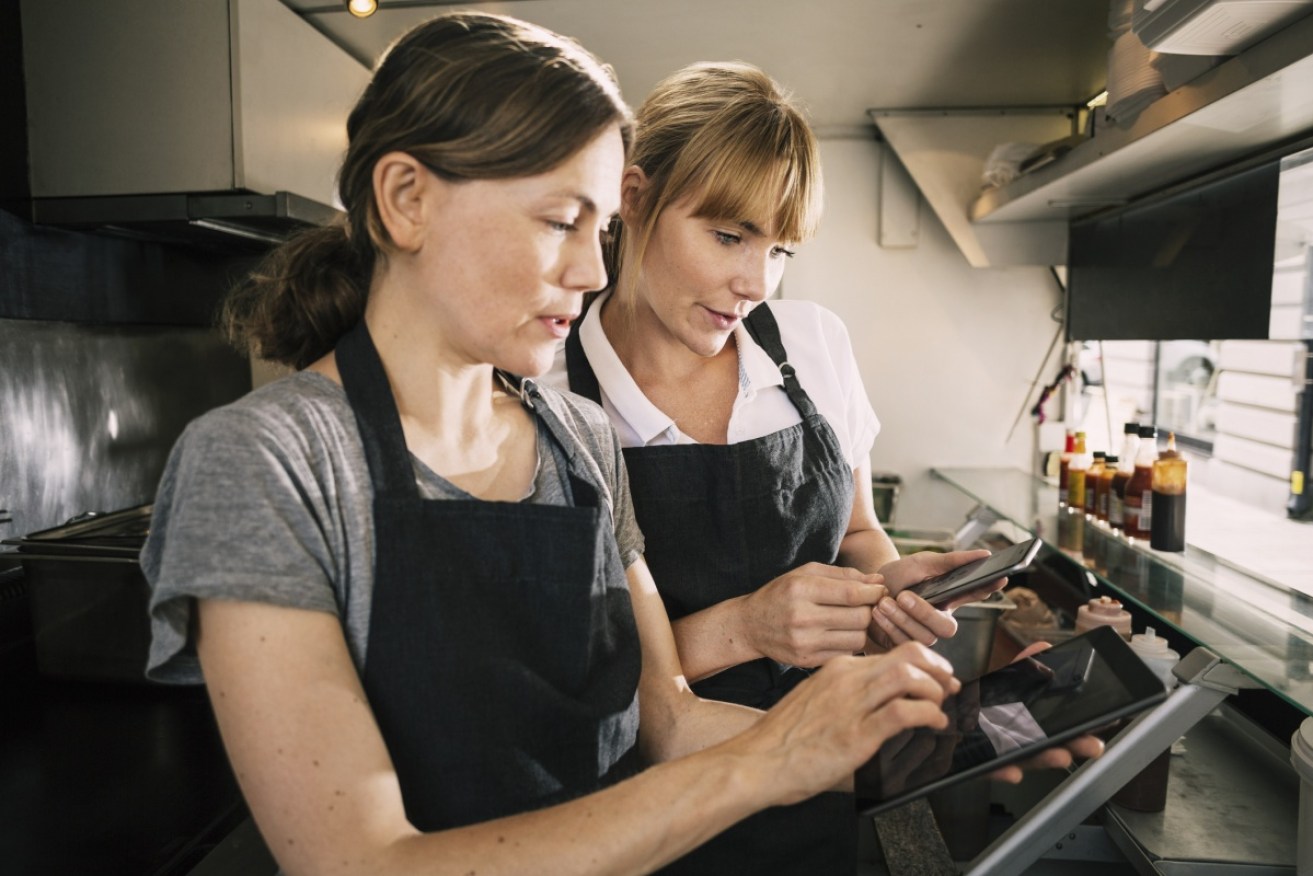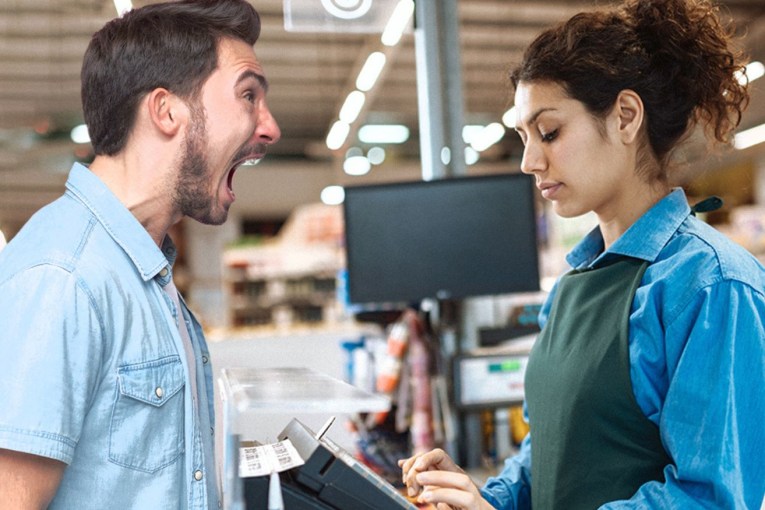What a market crash means at street level


Low share prices make it much harder to raise capital and create new jobs. Photo: Getty
As stock markets continue to tumble around the world, it’s easy for economics boffins attempting to explain it all to forget that many Australians have no idea what they’re talking about.
So let’s take a breath and try to figure out in tangible terms what a ‘share market crash’ actually means.
Let’s start with a business that many Australians have become familiar with in recent years … the humble taco truck.
Imagine that a few years ago 10 friends decided to renovate a fleet of 10 trucks, at $10,000 a pop, with everything necessary to serve tacos.
Business booms, and the friends realise the huge appetite for their goods. At this point, if they raise enough capital, they can expand the fleet to 100 trucks and all get filthy rich.
After jumping through many legal hoops, Filthy Rich Tacos (FRT) gains permission to offer shares to the public, sold via the Australian Securities Exchange (the ASX).
Let’s say the shares are priced at $1 each, and they manage to sell 900,000 of them to investors.
Added to the original ‘equity’ owned by the group of 10 friends, the company is now worth $1 million – 100 taco trucks valued at $10,000 each.
Investors don’t stump up money just for fun. They expect the vans to turn a profit, to be distributed at the end of each year as a dividend.
If the profits are good, the ‘yield’ on each share will rise – that is, there will be more profits to share around.
That makes each share worth more to an investor – old Granny Smith, who can only get 2 per cent interest in her savings account, might decide to buy FRT shares.
She might decide that she’s happy to pay $1.50 per share and therefore uses her online trading account to ‘bid’ that amount to acquire a few more shares.
Other investors will be selling shares at a range of prices.
The role of the stock exchange is to put those ‘bids’ and ‘offers’ side by side and allow transactions to take place where the bid-offer pairs match up.
Price discovery
All sorts of things can affect share prices – another company might take market share with its delicious Thai food; a dozen of the taco trucks might be washed away in floods and take months to replace; or Kim Kardashian might release a book, My Taco Tush, and send demand for tacos soaring.
Investors react to these events by changing their ‘bid’ or ‘offer’ prices.
Share prices can also change due to external ‘macro’ factors – changes in the inflation rate, tax rates, rates of economic growth and so on.
Sometimes, investors bid up the price of a share without reference to any of those things – they buy a share simply because it is rising in value, hoping to sell before the price falls again.
When that kind of ‘speculative bubble’ happens, investors eventually get tired of risking so much in return for so little (yields get thinner as shares get more expensive).
When that happens, a few start to ‘take profits’ by selling their stakes. The price falls a little, and more investors start dumping their shares at lower and lower prices.
Within a short time there are way more sellers than buyers, and the few bids that are still being made are at low, low prices.
That’s what we call a ‘crash’, and when it happens across the board it can hammer an economy.
Filthy Rich Tacos might have a 50 cent share price after the crash, for instance. So if it wants to raise capital to fund 10 new trucks, it would have to issue 200,000 new shares.
Existing shareholders won’t like that, as it dilutes their returns. If 100 trucks used to produce a net profit of $50,000, each of the million shares on issue could receive a dividend of 5.00 cents.
But if 110 trucks produce a profit 10 per cent higher ($55,000), it now has to be distributed among 1.2 million shares – meaning the company can really only afford a dividend of 4.58 cents.
So stock market crashes not only hurt investors’ paper profits, but also limit the ability of companies to raise capital and create jobs, hit retirement savings/income, put a hold on wages growth, and smash consumer confidence.
Not good. Not good at all. Which is why I’m turning off my computer monitor now and heading to the park to enjoy a couple of comfort-tacos. What else can you do during a crash?








